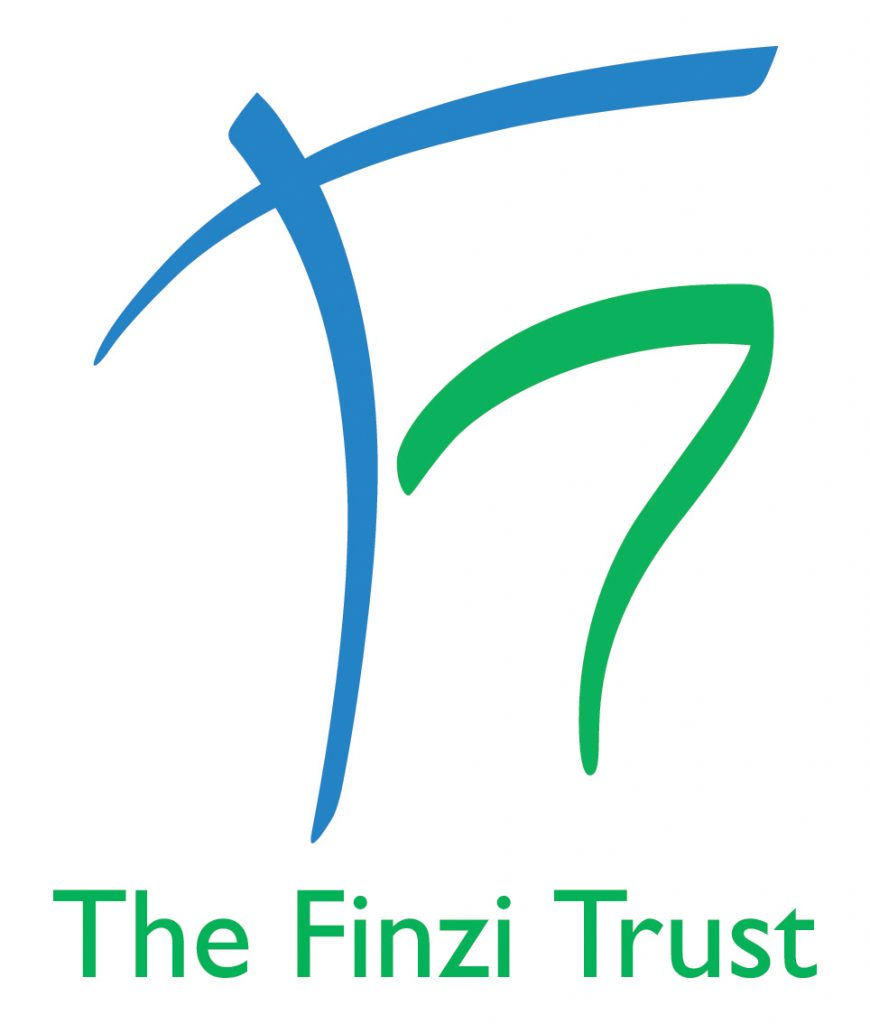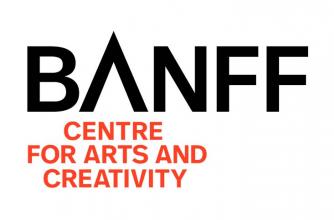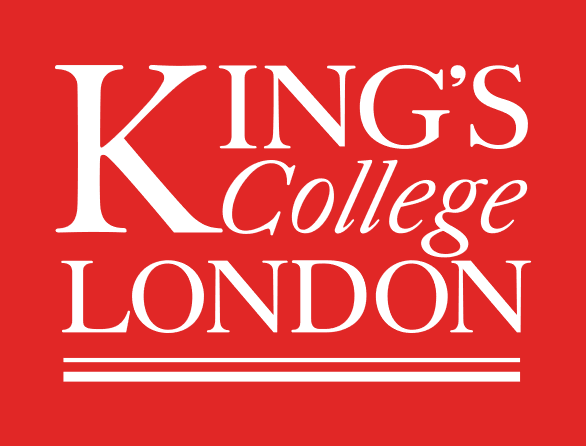“A woman sits alone in the room. She tries to speak. Her voice is gone.”
voice(less) is an ongoing series commissioned by Rosie Middleton for voice, electronics and movement exploring voice loss, voicelessness and communication. These works were developed collaboratively on artist residencies at Snape Maltings, The Banff Centre and Somerset House.
Works:
Cover Squirrel – Laura Bowler
Cover Squirrel looks at the voice from several perspectives; the development and interrogation of a voice, the practice of the voice, the computerised and recorded voice, the singing, the spoken, the broken, the lost and the unintelligible voice. Beginning with the practice of voice and its relationship to instrumental practice and performance, the singer is soon transported into a game of triggers switching between aria, live interrogation and physical gesture. (Laura Bowler 2019).
code works: any chance of war? – mira calix
Text – Hannah Weiner (1969)
This piece explores semaphore, morse code and voice, and speaks directly to Middleton’s larger question of what it means to be voiceless. The starkness of the non-verbal codes against the narrative of war highlights human vulnerability. (mira calix 2020)
12 Hours – Catherine Kontz
12 HOURS is a marathon piece for voice and electronics
https://rosiemiddleton.com/12-hours/
“En-he-du-an-na-me-en*” – Esin Gunduz
*I am Enheduanna
https://esingunduz.com/2019-20-En-he-du-an-na-me-en
Inspired by “The Exaltation of Inanna” (Enheduanna, 2300 BCE), this work examines power, resistance and a voice reborn. Gunduz is inspired by interference and transformation; the electronic track is made up of multi-layered recordings of Middleton’s voice. The soundworld travels between the character’s innermost sounds and the outer limits of resonance. (Esin Gunduz).
My Voice – Michael Betteridge
My Voice takes interviews with four people who identify as female or non-binary as its starting point. Interviewees muse on experiences of voice loss, from the physiological to the societal. This work gives a snapshot of some of these stories as our musical protagonist – almost acting as the interviewer – assimilates these different experiences as discussion veers from the humorous, to the societal, to the reflective. (Michael Betteridge).
The series is funded by:
Arts Council England
Help Musicians Fusion Fund and Transmission Fund
The Marchus Trust
The Finzi Trust
Header Photo by Claire Shovelton







